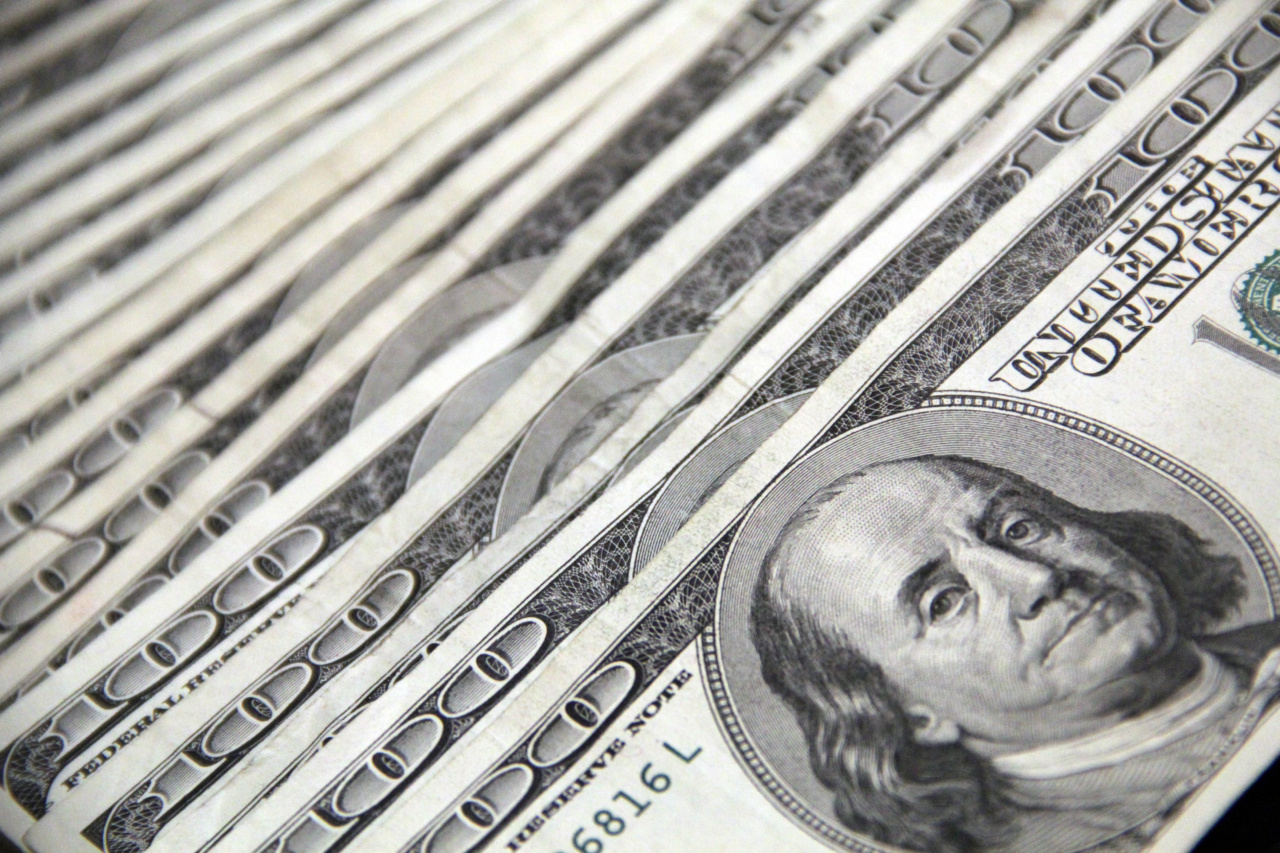Managing bills can be a challenging task, especially when it comes to remembering their due dates and ensuring timely payment.
Many people find themselves struggling to stay on top of their bills, resulting in late fees, penalties, and unnecessary stress. If this sounds familiar to you, don’t worry – there are several strategies and tools available that can help you remember to pay your bills on time.
Create a Bill Payment Schedule
One effective way to avoid late payments is to create a bill payment schedule. This involves listing all your bills, their due dates, and the corresponding payment amounts in a centralized document or spreadsheet.
By organizing this information in one place, you can easily track when each bill is due and ensure you make the payment on time.
In your bill payment schedule, consider including additional details such as payment method, confirmation numbers, and any applicable notes. This will help you stay organized and have all the necessary information at your fingertips.
Set up Bill Reminders
To further assist you in remembering bill due dates, take advantage of bill reminder services. Many banks and financial institutions offer bill reminder features through their online banking platforms or mobile apps.
You can set up notifications to alert you a few days before a bill is due, giving you ample time to make the payment without any stress or rush.
In addition to banking services, there are also numerous bill reminder apps available for smartphones.
These apps allow you to input your bill information, enable reminders, and even offer features like tracking your payment history and calculating your monthly expenses. Explore different options and choose the one that suits your needs best.
Automatic Bill Payments
If you often find it challenging to remember bill due dates or struggle to find the time to pay them, consider setting up automatic bill payments.
Most utility providers, credit card companies, and other service providers offer the option to set up automatic payments from your bank account or credit card.
By enrolling in automatic bill payments, you won’t have to worry about remembering due dates or manually initiating the payment.
However, it’s crucial to keep track of your bank account balance and ensure you have enough funds available to cover the automatic payments. Regularly review your bank statements and bills to avoid any unexpected surprises.
Utilize Bill Organizer Apps/Tools
Several online bill organizer apps and tools are specifically designed to help individuals manage their bills effectively. These tools often provide features like tracking payment history, categorizing expenses, and generating reports.
Some popular options include Mint, Prism, and BillTracker.
When selecting a bill organizer app or tool, consider factors such as compatibility with your devices (smartphone, tablet, desktop), user-friendly interface, and the ability to sync data across platforms.
Experiment with a few different options to determine which one suits your needs and preferences best.
Make Use of Calendar Apps
Calendar apps on your smartphone or computer can be a powerful tool for bill management. Use the calendar feature to input all your bill due dates and set up reminders.
You can schedule the reminders a few days before the bill due date, allowing you ample time to make the payment.
Moreover, calendar apps typically offer customization options, such as color-coding different bill types or adding notes to each event. This can make your bill payment calendar more visually appealing and easier to navigate.
Enroll in Email or Text Notifications
Many companies and service providers offer email or text notifications to alert customers about upcoming bills, payment due dates, and even special offers.
Take advantage of this feature by enrolling in notifications from your utility providers, credit card companies, and other recurring billers.
Having notifications sent directly to your inbox or phone can serve as a constant reminder of upcoming bills. You can even configure separate folders or labels in your email client to keep these notifications organized and easily accessible.
Stick to a Monthly Budget
Creating and sticking to a monthly budget is an effective way of managing your finances and ensuring you have enough funds to cover your bills. By tracking your income and expenses, you can allocate a specific amount for paying bills each month.
When creating your budget, make sure to include all recurring bills and their estimated amounts. This will help you prioritize your expenses, avoid overspending, and stay on top of your financial obligations.
Consider Consolidating Your Bills
If you find it overwhelming to manage multiple bills with different due dates, consider consolidating your bills.
Debt consolidation involves combining multiple debts into a single loan or account, often resulting in a simpler and more manageable payment structure.
Consult with your financial institution or consider hiring a professional debt consolidation service to explore the options available to you.
By consolidating your bills, you’ll only have to remember one due date and one payment amount, making the bill payment process much more streamlined.
Seek Professional Assistance if Needed
If you consistently struggle with remembering to pay bills on time, it may be beneficial to seek professional assistance.
Credit counseling agencies, financial advisors, or personal finance coaches can provide guidance on bill management, debt reduction strategies, and overall financial planning.
These professionals can help you create a customized plan based on your financial situation and goals. They can also provide valuable insights and tools to improve your bill payment habits, ultimately leading to better financial stability.
In Conclusion
Remembering to pay bills on time can be challenging, but with the right strategies and tools, you can establish an efficient system that works for you.
From creating a bill payment schedule and setting up reminders to utilizing bill organizer apps and sticking to a budget, there are numerous approaches to help you manage your bills and avoid late payments and unnecessary fees.
By adopting these practices and utilizing technology to your advantage, you’ll have peace of mind, improved financial control, and a more organized approach to paying your bills.
Start implementing these strategies today, and you’ll soon find yourself effortlessly staying on top of your financial obligations.































